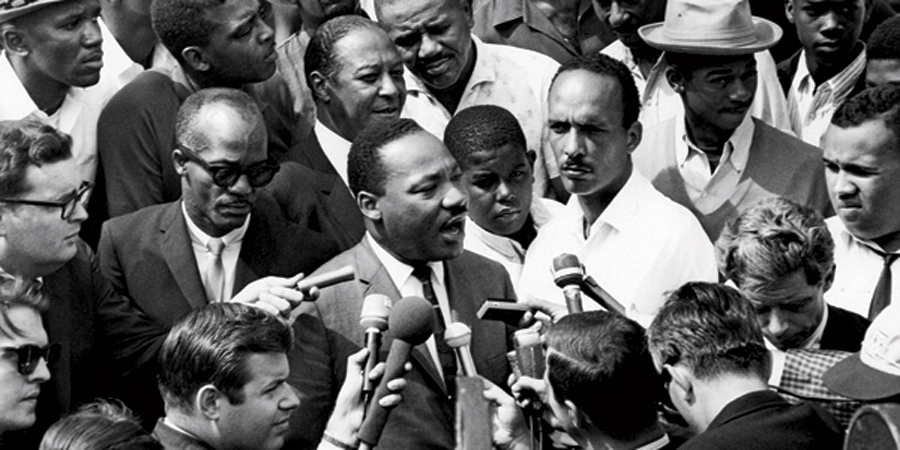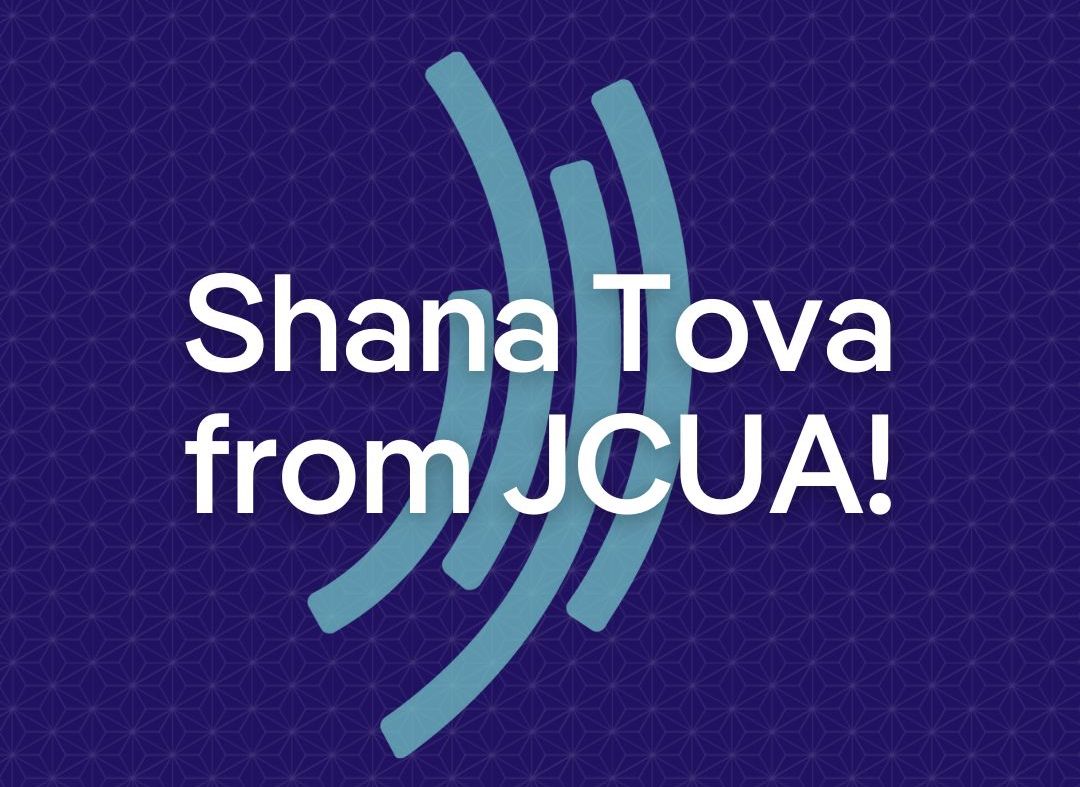Response to JTA article on Hebrew Israelite community
We are writing in response to an article published in JTA News entitled “Hebrew Israelites and Jews of Color are not the same, and it’s not racist for us to say so,” in which representatives of the Rabbinic Assembly and the United Synagogue of Conservative Judaism call into question the Jewishness of the Hebrew Israelite community.
We have since had an opportunity to talk with representatives from the Rabbinical Assembly to further understand the claims being put forth in the article. We acknowledge that people have different experiences and stories to tell surrounding this issue, and we are hence seeking to use this space to share our story and our experiences.
The Jewish Council on Urban Affairs (JCUA) has a 60-year history of working in coalition with racially and economically diverse communities across Chicago. Our mission is to advance a more equitable city and region. We have played a leadership role in the creation of a trauma center on the University of Chicago’s campus which now provides access to life-saving emergency medical care for adults on the South side of Chicago, and more recently, the establishment of a new civilian police oversight system that will make all our communities safer.
Among 17 congregation partners across the city and suburbs, one stands out in particular. Led by Rabbi Capers Funnye, Beth Shalom B’nai Zaken Ethiopian Hebrew Congregation is an instrumental partner in our work to pursue justice. BZBS members are leaders within our board and staff. Rabbi Funnye, Chief Rabbi of the International Israelite Board of Rabbis, is an internationally respected rabbi. A longtime member of the Chicago Board of Rabbis, Rabbi Funnye is a former JCUA staff member, Board member, and Board president. On the world stage, he has participated in numerous trips to Africa to connect with lost Jewish communities, he has spoken from the bimah at hundreds of synagogues across the country, and he has helped thousands of people to connect with their Jewish roots and take part in Jewish rituals.
If you belong to a synagogue in the United States, he is likely to have spoken as a guest on your bimah at some point. In short, he has made it his life’s work to show that Judaism in the 21st Century is at its best a multiracial, multicultural endeavor, and he welcomes all those who are curious into that conversation. He and Beth Shalom are a valued part of the tapestry of Jewish life in Chicago.
At JCUA, we draw meaning from a plurality of relationships to Judaism. We are inspired by Rabbi Funnye and his congregation, and we applaud their continued work to broaden and deepen our sense of Jewish community where we live.




